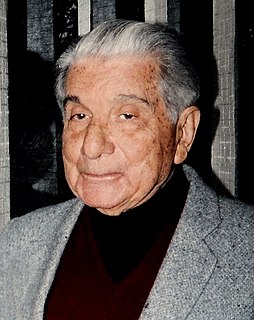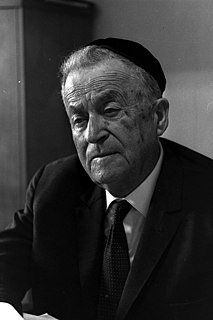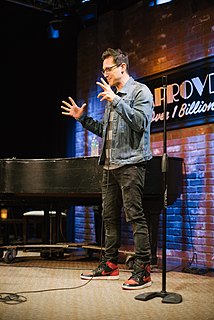A Quote by Amos Bronson Alcott
The history of books shows the humblest origin of some of the most valued, wrought as these were out of obscure materials by persons whose names thereafter became illustrious. The thumbed volumes, now so precious to thousands, were compiled from personal experiences and owe their interest to touches of inspiration of which the writer was less author than amanuensis, himself the voiced word of life for all times.
Quote Topics
Author
Became
Books
Experiences
Himself
History
Illustrious
Inspiration
Interest
Less
Life
Materials
Most
Names
Now
Obscure
Origin
Out
Owe
Personal
Personal Experience
Personal Experiences
Persons
Precious
Shows
Some
Than
The History Of
Thousands
Times
Valued
Volumes
Were
Which
Whose
Word
Writer
Wrought
Related Quotes
Books -lighthouses erected in the great sea of time -books, the precious depositories of the thoughts and creations of genius -books, by whose sorcery times past become time present, and the whole pageantry of the world's history moves in solemn procession before our eyes, -these were to visit the firesides of the humble and lavish the treasures of the intellect upon the poor.
There were epochs in the history of humanity in which the writer was a sacred person. He wrote the sacred books, universal books, the codes, the epic, the oracles. Sentences inscribed on the walls of the crypts; examples in the portals of the temples. But in those times the writer was not an individual alone; he was the people.
Some volumes against Deism fell into my hands ... they produced an effect precisely the reverse to what was intended by the writers; for the arguments of the Deists, which were cited in order to be refuted, appeared to me much more forcibly than the refutation itself; in a word, I soon became a thorough Deist.
Who were my mentors in poetry and literature? This is a matter of opinion. Some see in my books the influences of authors whose names, in my ignorance, I have not even heard, while others see the influences of poets whose names I have heard but whose writings I have not read. And what is my opinion? From whom did I receive nurture? Not every man remembers the name of the cow which supplied him with each drop of milk he has drunk.
These microscopic organisms form an entire world composed of species, families and varieties whose history, which has barely begun to be written, is already fertile in prospects and findings of the highest importance. The names of these organisms are very numerous and will have to be defined and in part discarded. The word microbe which has the advantage of being shorter and carrying a more general meaning, and of having been approved by my illustrious friend, M. Littré, the most competent linguist in France, is one we will adopt.
It is (to describe it figuratively) as if an author were to make a slip of the pen, and as if this clerical error became conscious of being such. Perhaps this was no error but in a far higher sense was an essential part of the whole exposition. It is, then, as if this clerical error were to revolt against the author, out of hatred for him, were to forbid him to correct it, and were to say, "No, I will not be erased, I will stand as a witness against thee, that thou art a very poor writer."
The so-called Church Fathers are not some theologians as we know them nowadays. They were close to the teaching of the Apostles conveying the teaching of those who were close to Jesus. Their theology and wisdom is close to everyday life. We have to thank John Michael Talbot that he has been able to unearth the treasures of those times. This was only possible because he himself in his community experiences the Gospel lived out in our times.
Unlike some of my other dharma brothers who got names that were very long and obscure, and nobody could remember or pronounce, that they didn't like. They wanted to give their names back, but it wasn't like that, it wasn't transactional. He would name some people and say 'you're married', and then they were married, but you know it wasn't really transactional.
There was a commonality in a lot of the private school experiences that I had of children whose lives were not their own. They thought they were their own, but they were essentially gifted this life by their parents. So they were spending money; they were going on trips - I guess, in a way, it is their life, but they didn't earn it.





































